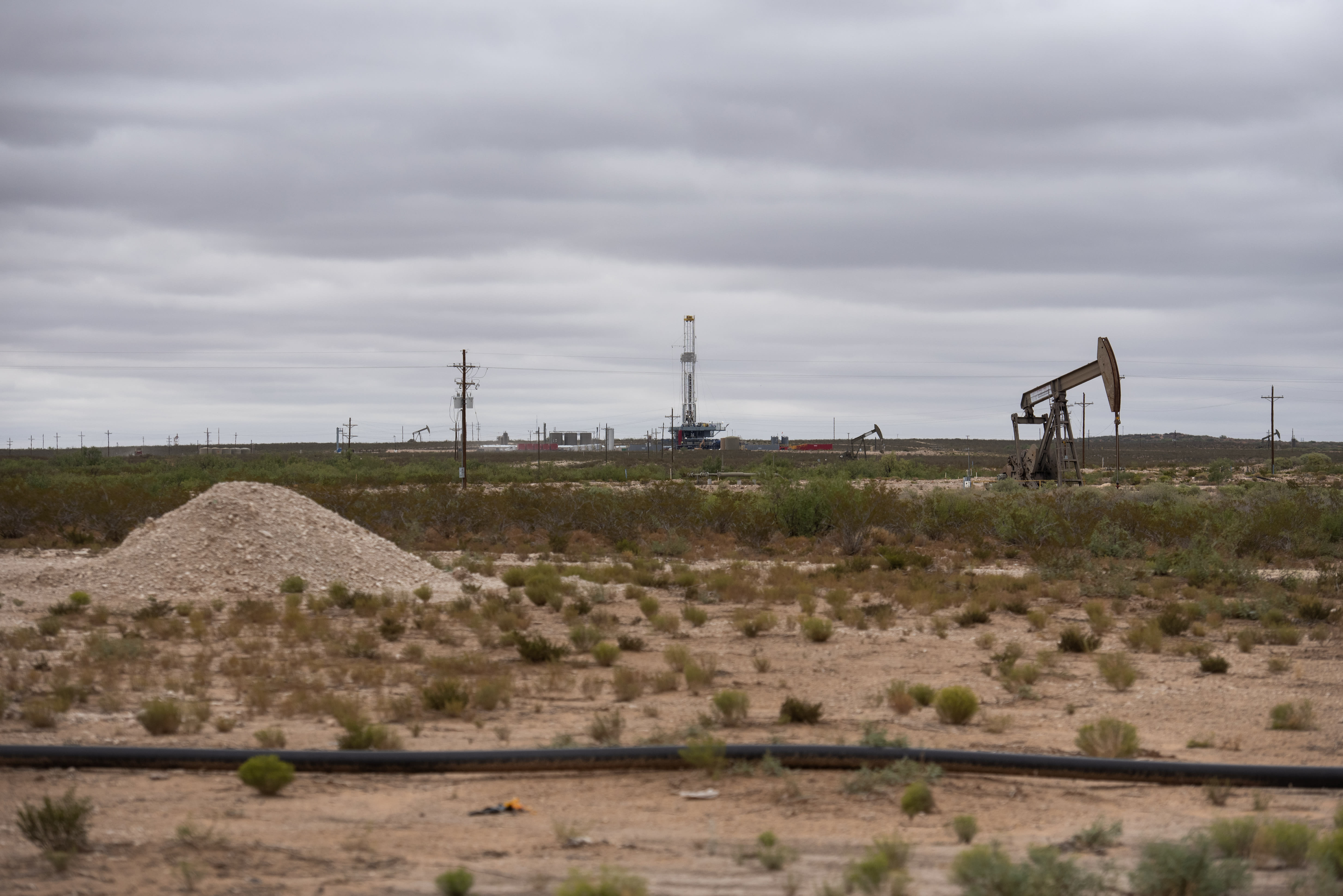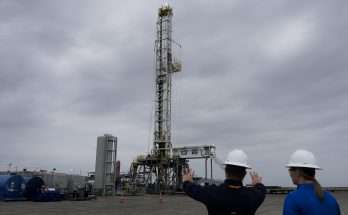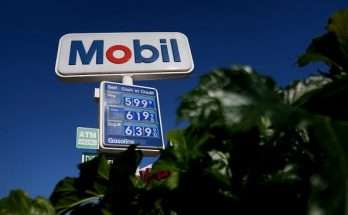
A horizontal drilling rig and a pump jack sit on federal land in Lea County, New Mexico, U.S., on Thursday, Sept. 10, 2020. Callaghan
Callaghan O’Hare | Bloomberg | Getty Images
LONDON — OPEC on Wednesday trimmed its global oil demand forecasts for the remainder of this year and 2021, citing a weaker-than-expected economic outlook and a surge in coronavirus cases.
In a closely watched report, the group of oil-producing nations said it now expects world oil demand to contract by around 9.8 million barrels per day year over year in 2020. That reflects a downward revision of 0.3 million barrels from last month’s assessment.
For next year, OPEC said oil demand growth will rise by 6.2 million on an annual basis, representing a downward revision of another 0.3 million barrels from its October report. The group has steadily lowered its oil demand outlook for 2021 from an initial expectation of 7 million in July.
“These downward revisions mainly take into account downward adjustments to the economic outlook in OECD economies due to COVID-19 containment measures, with the accompanying adverse impacts on transportation and industrial fuel demand through mid-2021,” OPEC said in the report.
The report comes ahead of the group’s Nov. 30 and Dec. 1 meeting with non-OPEC allies to discuss the next phase of oil production policy.
The energy alliance, a grouping known collectively as OPEC+, had agreed to a record supply cut of 9.7 million bpd starting on May 1. The cut was subsequently scaled back to 7.7 million in August and OPEC+ has said it plans further tapering next year.
‘Risks remain’
A coronavirus-led demand shock has seen oil prices collapse in 2020, with strict public health measures coinciding with curtailed travel and economic activity.
An easing of lockdown measures in the third quarter helped global oil demand to improve, but OPEC now fears a surge in the number of reported Covid-19 cases could derail an expected recovery.
“As new COVID-19 infection cases continued to rise during October in the US and Europe, forcing governments to re-introduce a number of restrictive measures, various fuels including transportation fuel are thought to bear the brunt going forward,” OPEC said.
Organisation of the Petroleum Exporting Countries – OPEC logo is seen on the organisations’ headquarters in Vienna, Austria.
Jakub Porzycki | NurPhoto | Getty Images
International benchmark Brent crude futures traded at $44.84 a barrel on Wednesday afternoon, up around 2.8%, while U.S. West Texas Intermediate futures stood at $42.52, also 2.8% higher.
Both oil contracts were on pace to record their third consecutive positive trading session after hopes of an effective coronavirus vaccine continued to bolster market sentiment.
Pfizer and BioNTech said Monday that early results showed their vaccine candidate was more than 90% effective in preventing Covid infections. It is hoped a safe and effective vaccine could help bring an end to the coronavirus pandemic that has claimed over 1.27 million lives.
Huge challenges remain before a Covid-19 vaccine can be rolled out, but energy markets have cheered the news.
Looking further ahead, OPEC warned “risks remain” with regard to oil demand.
“Ongoing developments in the COVID-19 pandemic will continue to dominate a recovery amid the latest news relating to a potential imminent vaccine,” the group said.
“The structural impact of the pandemic on various sectors, especially the transportation sector, will linger well into 2021.”


